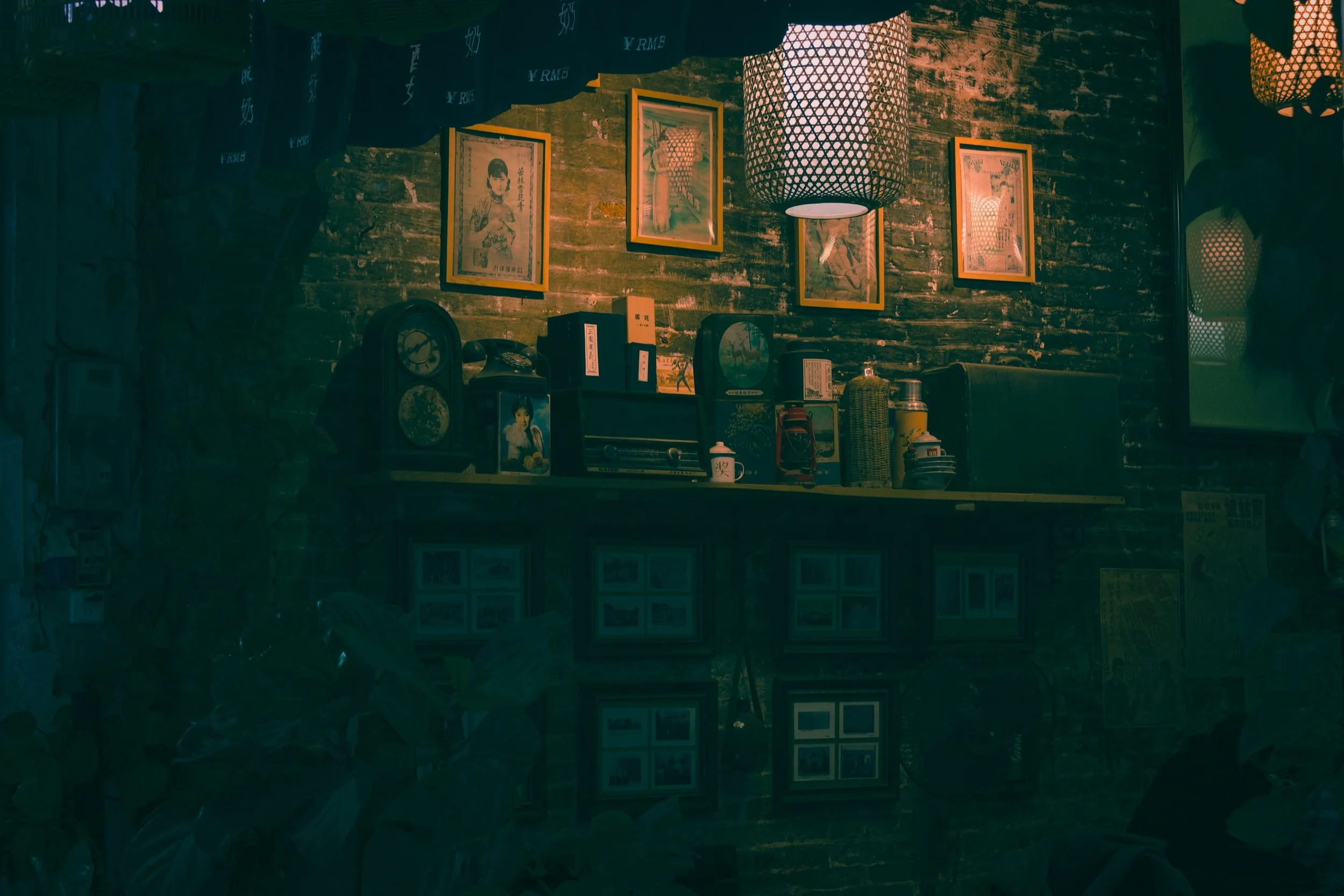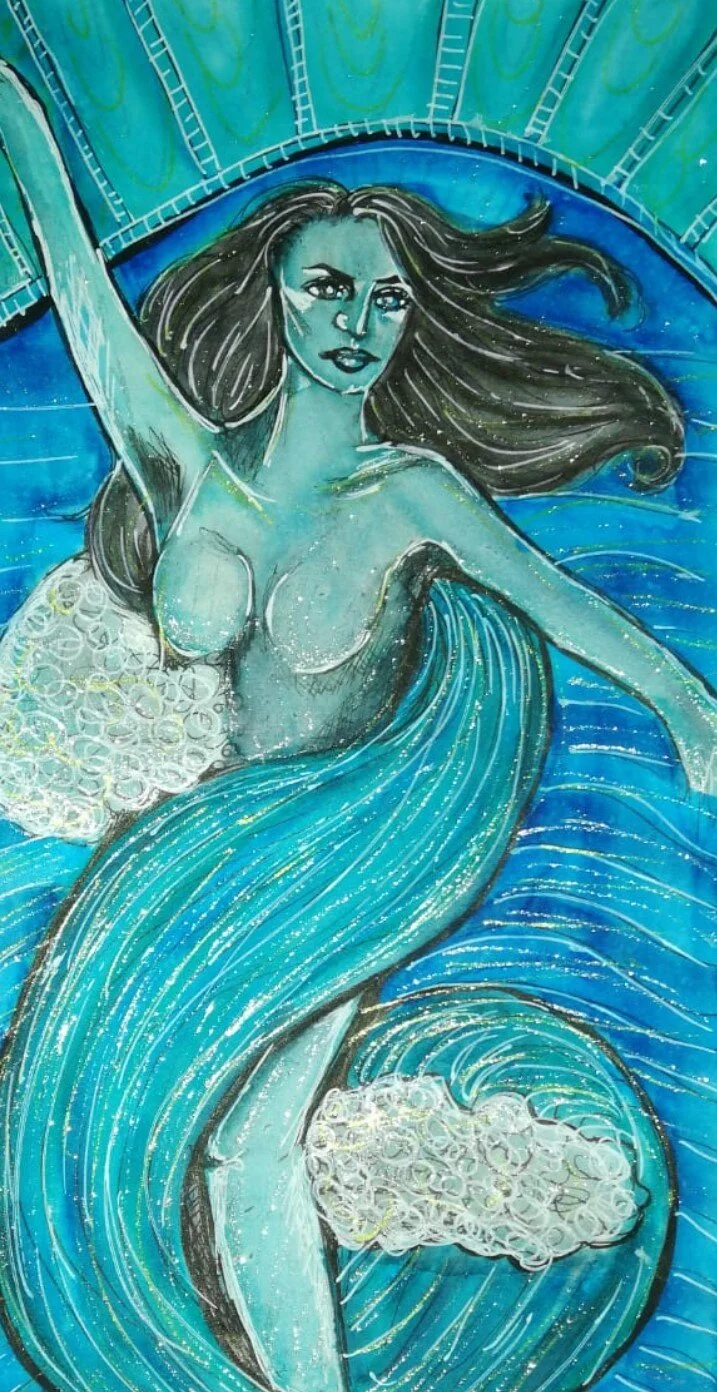The wormhole
They came through a wormhole, small metal ships appearing from a hole in the sky. It was unimaginable, to have grasped the fabric of the universe and torn it apart. But it was real.
We started with diplomacy. Discarding the question of how they were here, the theological implications of it, we instead asked why? The answer was a dying planet and a dying people. Their last resources had been used to open the wormhole and find a way to travel through it. It was their only hope to keep their planet alive. So our leaders started making plans. How best to allot resources and aid, how to accept refugees – and how to, eventually, rebuild their planet.
The wormholers were unhappy, though. “It’s too slow,” they said. “And what about our machines?”
“Your civilization cannot go back to what it once was,” our scientists warned them. “It’s why you’re dying.”
Diplomacy didn’t last very long. The wormhole had brought back a threat long ago eliminated on our planet; war. We weren’t prepared. Not when more machines came, making that awful, thunderous noise in the sky. The hole grew bigger, and so did the machines. These machines didn’t fly, or bring down schools and hospitals. They dug into the ground.
“Why?” we asked ourselves. “What’s down there?”
/
My city is on fire. The smoke fills the air, thick and black. Everything itches and burns, my eyes and my throat. I sit in the basement alone. Alex went out for supplies, and I don’t know if he’s coming back. I stifle a sob into my torn shirt. My hands are blackened by soot, burns are slashed across my body.
I hear steps coming down the stairs. The door swings open with violence, and I know it can’t be Alex. It’s another woman. A mask is covering her face, but I can tell she looks surprised to see me.
“I thought everybody in this district was gone, I–”
She stops. Takes a step closer, crouches down to look at me. I’m shaking, clutching a can of beans. Her eyes are familiar. When she pulls down the mask, the rest of her face is too.
I’ve heard stories about it, other people having these encounters. Of course it happens. They’re us, we’ve known that from the start. Interdimensional travel, they called it. But I’ve never met the other me until now. We’re locked in stillness for a heartbeat.
It’s hard to know what she’s thinking. It shouldn’t be. But she doesn’t feel like the same person at all. She doesn’t feel human. She’s a monster dressed in military uniform, hiding behind the face she’s stolen from me.
She breaks the silence.
“You’re me.”
She says it like it’s wondrous, she says it like she’s discovered a new species of butterfly. I don’t agree with her.
“I’m not. I’m not. And you’re not me.” I’m scared, but I stare at her, straight on with my chin jutting out. “You may look like me, but inside we’re nothing alike.”
“Inside?” She tilts her head. “DNA? Organs? If somebody opened us up, they couldn’t tell the difference.”
It frustrates me, her nonchalance. What is it that makes a person so uncaring?
“I mean, how can you be part of it? Of this all?” the question tumbles from my lips. “The violence?”
She shrugs. “Does it matter?”
The woman has my face, my body, my voice. But she’s harder, somehow. A darkness surrounds her, and when she opens her mouth it feels like a wolf baring its teeth.
“Of course it matters! You’re a monster.”
“A monster?” She scoffs, no longer fascinated, just annoyed. “Monsters aren’t real, human nature is. You were going to get to where we are now, just slower. Too bad we had to be the bearers of bad news: This is just what we humans do.”
“I would never do what you do,” I spit in the face of her impromptu rant.
“Oh but you would,” she says. I can’t tell if her smile is sad or sardonic. “You would do anything in the right circumstances.”
I hear footsteps coming down the stairs. The door opens again. The woman whirls around, and the next thing I know, Alex is laying slouched against the stairs, motionless. The gun sits lightly in her hand as if it were a toy, and killing another person was just a game.
She turns back to me, and I whimper, pressing myself against the corner of the room. Away from her. Away from the gun, away from Alex who had no time to react.
Something strange happens then. Her face softens, the tiniest bit.
She’s vulnerable.
“You killed him.”
She killed him.
“I killed him,” she agrees. “It’s what you have to do in a war. Doesn’t mean I’m happy about it.”
Does that make it alright?
I’m so, so afraid. The gun is still there, my eyes fixed on it. Staring at her hands casually wrapped around it. She ponders the weapon, and looks at me.
“Get out of here,” she then says. “They’ll drop bombs. It won’t be safe.”
“Nowhere is. They’ll find me.”
She looks genuinely puzzled.
“I’m trying to buy you time.”
“Why?”
“You’re me. In every universe you’re me. Could you kill somebody with your face?”
Could I?
I lunge. The can of beans hit her temple and I can tell she’s taken by surprise, because the gun drops to the floor. My hands move for it, fast as lightning. They will bomb my body without a care. My body will leave the city in a uniform. My body will be dead and alive and the difference between us won’t matter anymore.
“You’re right,” I say. “I would do anything in the right circumstances.”



